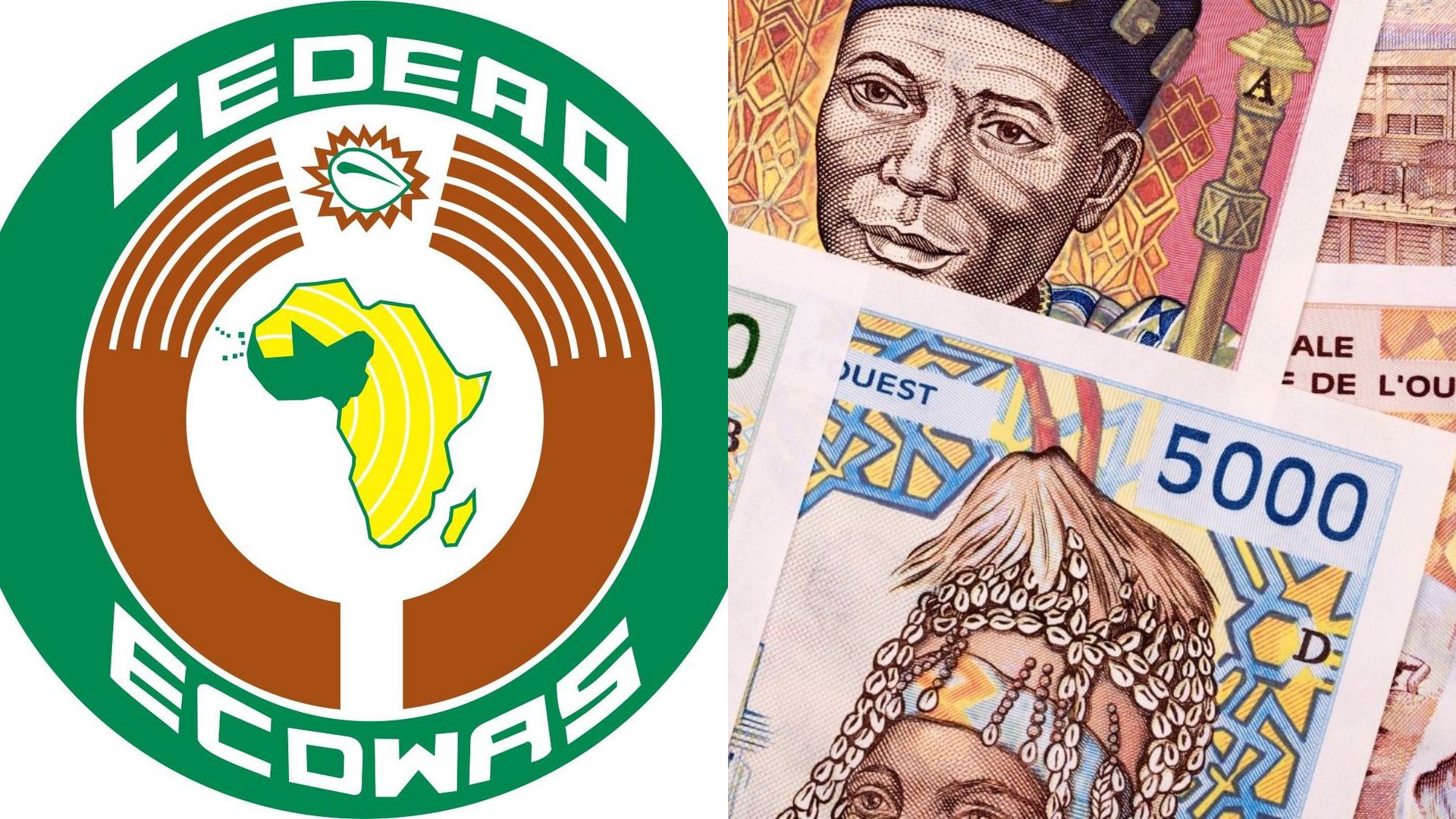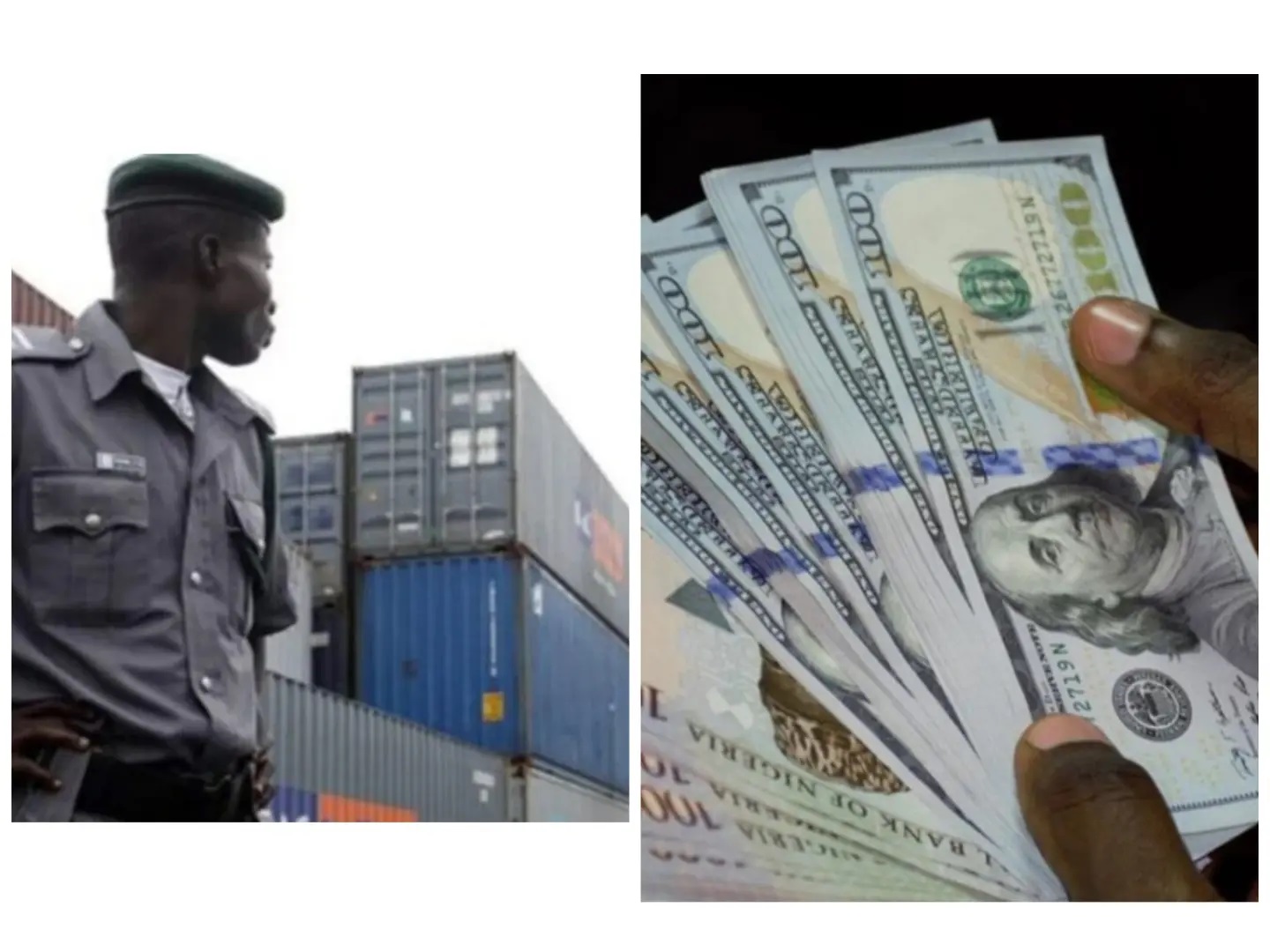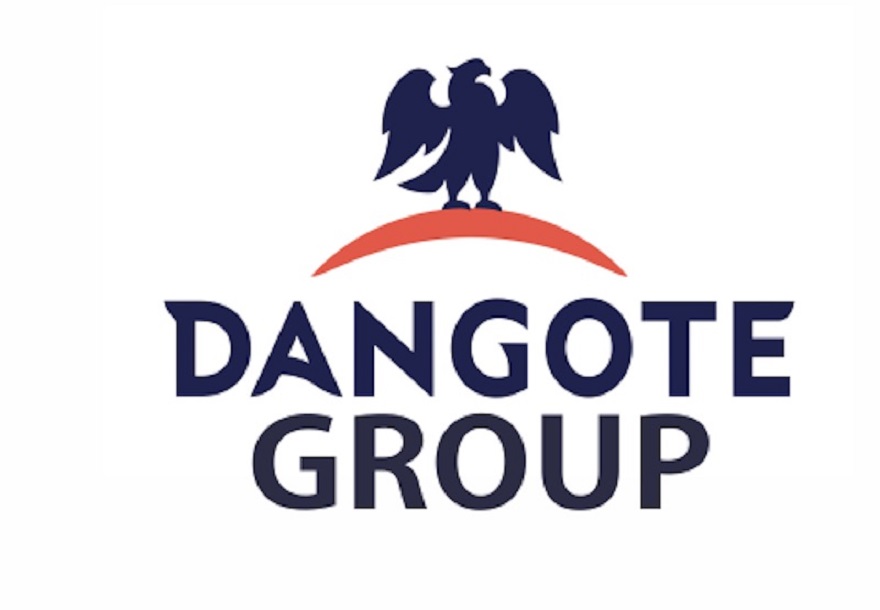Economy
Stop Herdsmen/Farmers Conflict to Avert Food Crisis—MPC Warns FG
By Dipo Olowookere
Members of the Monetary Police Committee (MPC) have expressed concerns over the incessant herdsmen/farmers crisis in the northern part of Nigeria.
The MPC members expressed their fear over this issue during the just-concluded MPC meeting of the Central Bank of Nigeria (CBN).
The CBN Governor, Mr Godwin Emefiele, while addressing newsmen at the end of the meeting on Tuesday, said if the issue was not quickly resolved by federal government, it could lead to serious hike in food prices in the country.
According to him, members of the MPC said the situation was capable of disrupting food supply chains in the country.
Benue and Taraba States have been the most affected in the killing of farmers by armed persons suspected to be herdsmen.
The crisis got into another level when the Benue State government signed the anti-grazing bill into law, which some of the cattle rearers were against.
Reading outcome of the MPC meeting to journalists on Tuesday, Mr Emefiele said the committee “reviewed the effects of the sustained monetary policy normalization in the US with implications for capital flow reversals, exchange rate and domestic price pressures, as well as other challenges to growth during the second half of 2018 and noted the sustained moderation in inflationary pressures, especially headline inflation, as well as stability in the foreign exchange market while expressing concern on the negative effects of incessant herdsmen-farmers crisis on food supply chains and food prices calling on the (central) bank to continue to build on the progress already made to sustain the moderation in inflation.”
He further said, “In analysing the economic report presented to the members, observations were made regarding the rise in prices of crude oil in 2017 and 2018, causing an increase in the monthly allocation to various levels of government thereby suggesting that the federal government may not be saving adequately for the future.
“The committee, therefore, advised the fiscal authority to build-up buffers, especially now that the price of crude oil is relatively high.”
According to the CBN chief, “The committee called for acceleration in the implementation of the 2018 budget of appropriation to further support fragile growth recovery alongside sustained implementation of the Economic Recovery and Growth Plan (ERGP) to further stimulate output growth with concerns about the liquidity impact of the 2018 expansionary fiscal budget and increasing FAAC distribution, due to rising prices of crude oil as well as the build-up in election related spending.”
However, he said the committee “expressed satisfaction on its positive outlook particularly as the real GDP grew for the fourth consecutive quarter alongside increased Manufacturing and Non-manufacturing Purchasing Managers’ Indices in the second quarter of 2018.”
Mr Emefiele said at the end of deliberations, the committee agreed to ”increase the flow of credit to the real economy to consolidate economic recovery, [while] the large corporations are encouraged to issue commercial paper to meet their credit needs and the Central Bank of Nigeria may, if need be, buy those instruments to complement the efforts of the DMBs.”
“Also, as an incentive to encourage deposit money banks to increase lending to the manufacturing and agriculture sectors for new projects and expansion (not for the refinancing of projects), a differentiated dynamic cash reserves requirement (CRR) regime would be implemented, to direct cheap long term bank credit at 9 per cent, with a minimum tenor of seven years and two years moratorium to employment elastic sectors of the Nigerian economy,” he said further.
Economy
Nigeria Renews Push for West African Single Currency as ECOWAS Hold Talks

By Adedapo Adesanya
Nigeria is stepping up engagement toward the creation of a regional single currency, following fresh consultations among West African monetary authorities, following constant delay of achieving the goal.
In an update by the Central Bank of Nigeria (CBN) via its X handle, the Governor of the apex bank, Mr Yemi Cardoso, led the country’s delegation to the Committee of Governors meeting held in Monrovia, Liberia, where policymakers reviewed progress and renewed discussions on establishing the long-proposed single currency known as the Eco.
Last year, the West African bloc announced that the single regional currency would be launched by 2027 to foster greater economic integration among member states by facilitating trade through a unified payment system, enhancing price stability and reducing inflationary pressures.
In the latest development, the CBN statement noted that the Nigerian delegation also included Deputy Governor (Economic Policy), Mr Muhammad Sani Abdullahi.
“The meeting formed part of statutory engagements jointly organised by the Economic Community of West African States alongside the West African Monetary Agency, the West African Monetary Institute, and the West African Institute for Financial and Economic Management. The consultations brought together financial regulators and economic policymakers across the sub-region to assess convergence benchmarks required for launching the unified currency”, the apex bank said.
The Eco project is designed to deepen economic integration among ECOWAS member states by providing a common legal tender that would facilitate cross-border trade, enhance price transparency and reduce transaction costs tied to multiple currency exchanges. The initiative has been under discussion for over two decades but has experienced repeated postponements as member countries struggle to meet strict macroeconomic convergence criteria.
The apex bank noted that the meeting focused on evaluating member states’ performance against key economic indicators. These include inflation rate ceilings, fiscal deficit thresholds relative to gross domestic product, and foreign reserve adequacy, all considered critical safeguards for ensuring stability within a potential monetary union.
Despite many delays, ECOWAS latest move shows it may be aligning with Nigeria’s Minister of Foreign Affairs, Mr Yusuf Tuggar, saying last year that member states have started attaining benchmarks to see the goal actualised.
Economy
NCS Denies Manipulating FX Rates in Import, Export Valuation

By Adedapo Adesanya
The Nigeria Customs Service (NCS) has clarified how foreign exchange rates are applied in its import and export valuation, saying it neither determines nor alters rates used in cargo clearance.
The service, in a statement by its National Public Relations Officer, Mr Abdullahi Maiwada, explained that it relies solely on official figures transmitted by the Central Bank of Nigeria (CBN).
Mr Maiwada stated that recent public commentary surrounding forex pricing, investor reactions, and customs valuation had prompted NCS to explain the operational framework guiding its digital clearance platform.
“It is worthy of note that the reported exchange rate of N1,451.63/US$ for February 6, 2026 did not originate from the B’Odogwu system.
“That figure was sourced from trade.gov.ng, a legacy public trade information portal that does not reflect live Customs processing data,” it stated.
According to him, all exchange rates used in trade processing are automatically integrated into its Unified Customs Management System, known as B’Odogwu, which it described as the sole official portal for declarations, clearance, and valuation.
“It is important to provide factual clarification on how exchange rates are received, processed, and applied within the NCS digital clearance system, B’Odogwu, a Unified Customs Management System which serves as the sole official platform for Customs declarations, clearance, and valuation,” the statement reads.
The NCS spokesman said the Service receives rates electronically from the apex bank and applies them uniformly across commands nationwide, ensuring transparency, predictability, and compliance with statutory fiscal and monetary policies.
He argued that NCS does not generate or manipulate exchange rates under any circumstances.
Instead, it explained that the platform operates structured data-integration protocols designed to ingest and apply exchange-rate feeds exactly as transmitted.
“For the avoidance of doubt, the Nigeria Customs Service does not independently determine, generate, alter, or apply margins to foreign exchange rates used for import and export valuation.
“All exchange rates applied within the B’Odogwu platform are official rates electronically transmitted by the Central Bank of Nigeria, which remains the competent authority for exchange rate determination under Nigeria’s monetary framework,” Mr Maiwada added.
Economy
Dangote Gets $400m Chinese Construction Equipment for Refinery Expansion

By Aduragbemi Omiyale
To fast track the expansion of its Lagos-based refinery, Dangote Group has sealed a $400 million construction equipment deal with one of the leading manufacturers of construction machinery in China, XCMG Construction Machinery Company Limited.
A statement from the conglomerate disclosed that beyond refining, the expansion programme will see polypropylene production increase from 900,000 metric tonnes per annum to 2.4 million metric tonnes per annum.
Urea capacity in Nigeria will be tripled from 3 million to 9 million metric tonnes per annum, in addition to the 3 million metric tonnes per annum capacity in Ethiopia, strengthening the Group’s position as the largest urea producer globally.
There are plans to expand the Dangote Petroleum Refinery and Petrochemicals from 650,000 barrels per day to 1.4 million barrels per day, positioning it to become the largest refinery in the world.
The Chinese deal will enable Dangote Group to acquire additional wide range of advanced construction equipment to support ongoing and forthcoming projects across refining, petrochemicals, agriculture and large-scale infrastructure development. The new equipment will complement existing assets deployed for the refinery expansion, which is expected to be completed within three years.
Production capacity for Linear Alkyl Benzene (LAB) will also be increased to 400,000 metric tonnes per annum, positioning the Group as the largest producer in Africa and strengthening supply to the detergent and cleaning agents manufacturing industry. Additional base oil production capacity also forms part of the broader expansion programme.
Dangote Group described the agreement as a strategic investment aimed at deepening its construction footprint and accelerating its ambition to build a $100 billion enterprise by 2030.
“The additional equipment we are acquiring under this partnership will significantly enhance execution across our projects. With this investment, we are positioning ourselves to become the number one construction company in the world,” it stated.
-

 Feature/OPED6 years ago
Feature/OPED6 years agoDavos was Different this year
-
Travel/Tourism10 years ago
Lagos Seals Western Lodge Hotel In Ikorodu
-

 Showbiz3 years ago
Showbiz3 years agoEstranged Lover Releases Videos of Empress Njamah Bathing
-

 Banking8 years ago
Banking8 years agoSort Codes of GTBank Branches in Nigeria
-

 Economy3 years ago
Economy3 years agoSubsidy Removal: CNG at N130 Per Litre Cheaper Than Petrol—IPMAN
-

 Banking3 years ago
Banking3 years agoSort Codes of UBA Branches in Nigeria
-

 Banking3 years ago
Banking3 years agoFirst Bank Announces Planned Downtime
-

 Sports3 years ago
Sports3 years agoHighest Paid Nigerian Footballer – How Much Do Nigerian Footballers Earn












